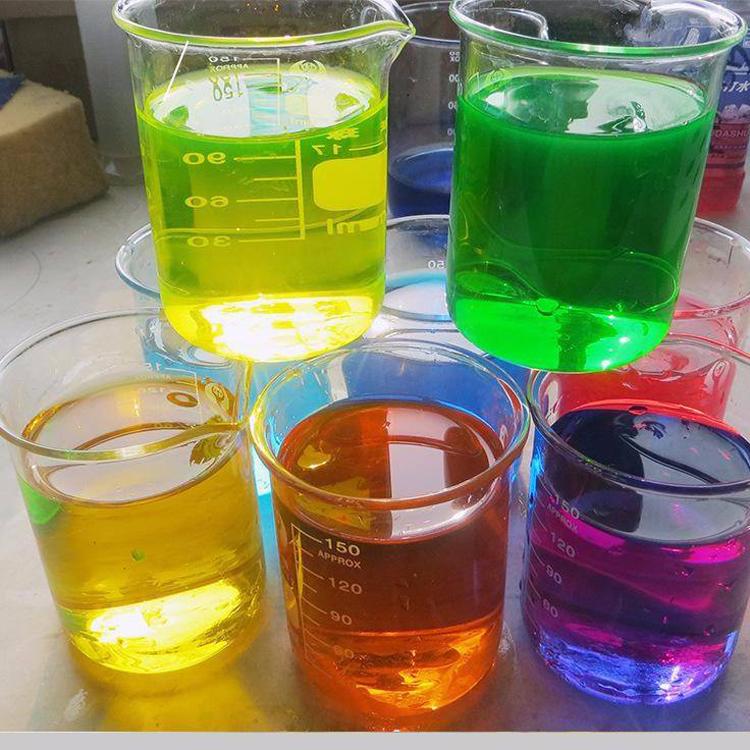(1) The thicker the antifreeze, the better:
Normally: there are the following types of antifreeze: ethylene glycol plus water antifreeze, alcohol plus water antifreeze and glycerol plus water antifreeze. The boiling point of ethylene glycol is 197.4 degrees Celsius, and the freezing point is -11.5 degrees Celsius. When mixed with water, the freezing point decreases significantly. When the concentration is 68%, the freezing point drops to -68 degrees Celsius.
Boiling point of alcoholThe freezing point drops from 78 degrees Celsius to -114 degrees Celsius. A concentration exceeding 40% will easily produce alcohol vapor and catch fire. The freezing point is generally limited to around -30 degrees Celsius. The glycerol plus water type has low efficiency in lowering the freezing point, and the dosage is larger than the above two types, so it should not be used. Therefore, the thicker the antifreeze, the better. Maintenance service stations usually use original juice and water, with a concentration of about 70%, so that the antifreeze reaches the best state. When the antifreeze is too thick or too thin, the antifreeze ability, fluidity and heat dissipation will be reduced.

(2) Antifreeze should be drained in summer Or replace it with water
Usually drivers put antifreeze in the summer strong>Drain or replace it with water. However, this not only causes waste but also causes excessive corrosion to the engine and cooling system. In fact, antifreeze does not need to be replaced within two years, and its freezing point and boiling point meet the requirements.
(3) Long-lasting antifreeze does not need to be replaced
Usually manufacturers stipulate one or two years or ten years, but it is not only controlled by the age but also by the number of kilometers. It is usually limited to 60,000 kilometers and should be replaced in time. At the same time, if antifreeze is found, >If suspended matter, sediment or deterioration or discoloration occurs in the system, it should be replaced in time and the system should be cleaned.
(4) Different types of antifreeze can be added at will And water
Different types of antifreeze should not be mixed , to avoid chemical reaction, precipitation or bubbles, which will cause damage to the rubber seal, usually causing water leakage at the water pump seal and welds. Therefore, after the antifreeze leaks, the antifreeze of the same brand should be replenished in time. If the antifreeze of the same brand is not available, please add distilled water or purified water.
(5) Antifreeze gets on your hands or splashes on your face No need to rinse
Antifreeze generally contains a certain The toxicity of antifreeze, such as ethylene glycol type, is an organic solvent. If it touches the skin, it will be corrosive to the skin. If it is splashed or stained with antifreeze, it should be rinsed with plenty of water immediately. “ span>

 微信扫一扫打赏
微信扫一扫打赏

